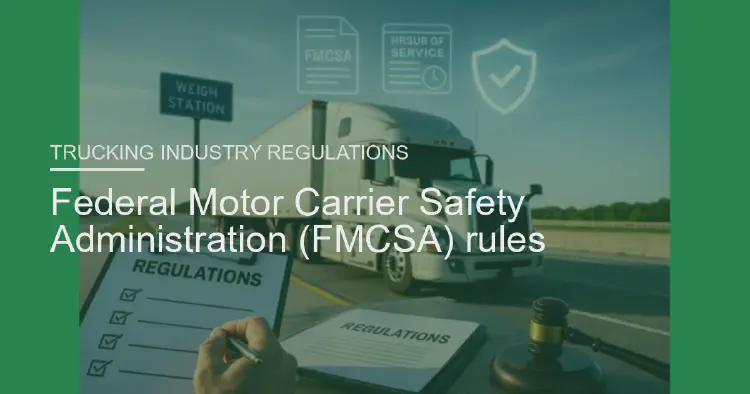
Analysis of landmark U.S. truck accident cases
Several high-profile truck accident cases in the U.S. have shaped the legal landscape, influencing how courts handle liability, damages, and regulatory compliance in the trucking industry.

Several high-profile truck accident cases in the U.S. have shaped the legal landscape, influencing how courts handle liability, damages, and regulatory compliance in the trucking industry.

Electronic Logging Devices (ELDs) are mandatory tools in the U.S. trucking industry designed to improve compliance with Hours of Service (HOS) rules. They play a crucial role in accident investigations by providing objective data on driver activity.

While truck drivers are often the immediate cause of accidents, trucking companies themselves can also be held legally responsible. Their policies, oversight, and compliance with safety regulations play a central role in accident prevention.

Fatigue is one of the leading human factors in truck accidents. Long hours on the road, demanding schedules, and insufficient rest put truck drivers at high risk of exhaustion, which can have deadly consequences.

Driver fatigue is one of the leading causes of truck accidents in the United States. To address this, the FMCSA enforces strict Hours of Service (HOS) regulations that dictate how long truck drivers can be on the road before resting.

The Federal Motor Carrier Safety Administration (FMCSA) is the central authority for trucking regulation in the United States. Its rules are designed to reduce crashes, injuries, and fatalities involving large commercial vehicles.